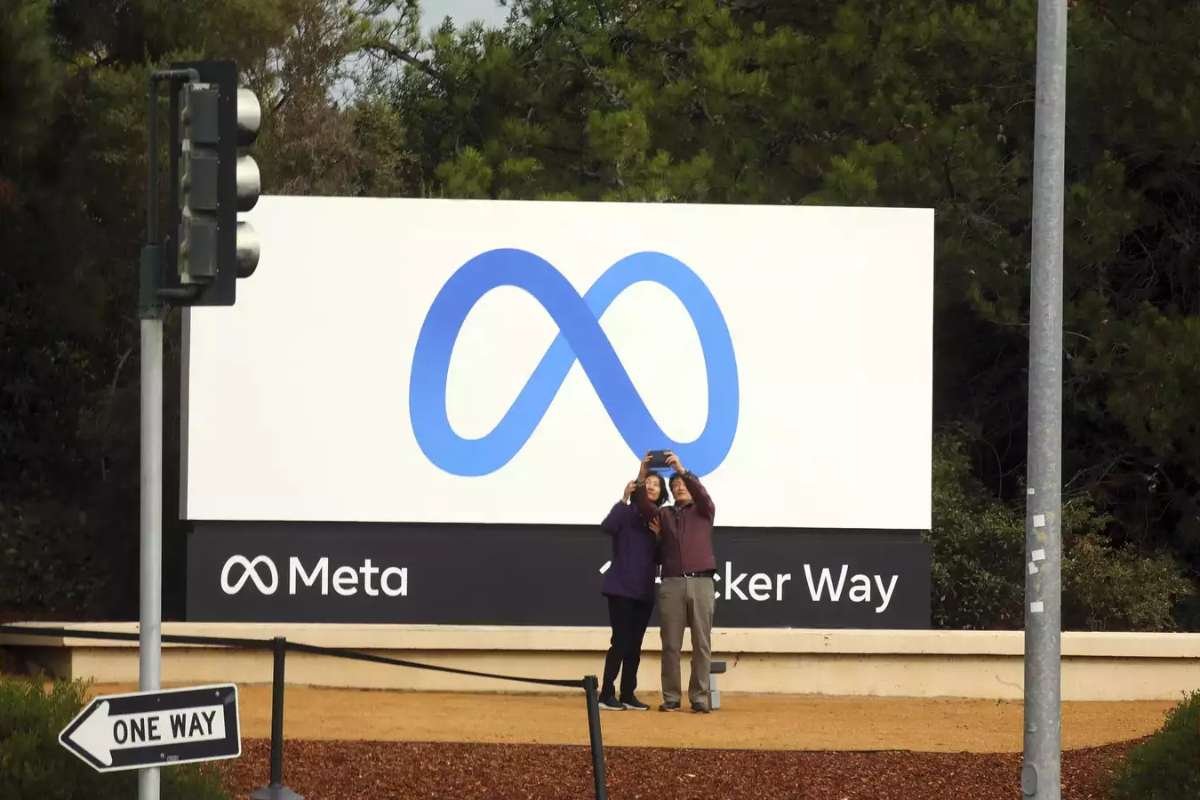Major Financial Impact on Factchecking Organizations
Meta’s decision to cease fact-checking initiatives on Facebook and Instagram in the United States is creating ripples across the fact-checking community. Since 2016, Meta has invested over $100 million in partnerships with organizations certified by the International Fact-Checking Network (IFCN). These partnerships enabled the flagging of inaccurate posts, limiting their reach and providing users with accuracy ratings. Organizations such as USA Today, Reuters, FactCheck.org, and PolitiFact benefited from this funding. However, with the sudden announcement, many of Meta’s Fact-checking partners face financial strain.
Lead Stories, a Meta partner employing approximately 80 people globally, confirmed staffing reductions due to revenue loss. Co-founder Alan Duke stated, “Lead Stories will see a drop in revenue with the loss of the Meta contract.” Similarly, Check Your Fact, affiliated with the conservative outlet Daily Caller, expressed shock, with Managing Editor Jesse Stiller remarking, “We are uncertain about the future.” A Check Your Fact spokesperson warned that their operations might halt entirely without the Meta partnership. PolitiFact, which received more than 5% of its annual revenue from Meta, also anticipates unavoidable financial challenges.
Backlash from Partners and Industry Experts
The decision has drawn criticism from the impacted organizations, which argue their work is neither biased nor politically motivated. Meta’s Fact-checking partners come from diverse ideological backgrounds, maintaining neutrality in their operations. Agence France-Presse (AFP), another Meta partner, expressed disappointment, labeling the move “a hard hit for the fact-checking community and journalism.”
This abrupt shift contrasts sharply with Meta’s earlier statements touting its global fact-checking network. In 2022, Meta proudly announced its investments, including emergency grants to combat health misinformation during the COVID-19 pandemic and funds supporting climate crisis and racial equity initiatives. Fact-checking organizations have pushed back against Mark Zuckerberg’s assertions of bias, emphasizing the integrity of their work.
Uncertain Future for Fact-checking Initiatives
The broader implications of Meta’s withdrawal raise questions about the sustainability of independent fact-checking efforts. While Lead Stories and PolitiFact have pledged to continue operations, their ability to bridge the funding gap remains uncertain. “The majority of our business was non-Meta,” assured Lead Stories’ Alan Duke, indicating resilience despite the setback. Similarly, PolitiFact’s executive director, Aaron Sharockman, vowed to uphold its mission: “PolitiFact will continue to provide high-quality information on Facebook and beyond.” This development has significant consequences for Meta’s Fact-checking Partners, potentially impacting their ability to sustain their operations and continue their vital work in combating misinformation.
This development underscores the challenges facing the fact-checking community amid growing misinformation. As traditional funding sources dwindle, organizations must explore alternative revenue streams to sustain their critical work.









